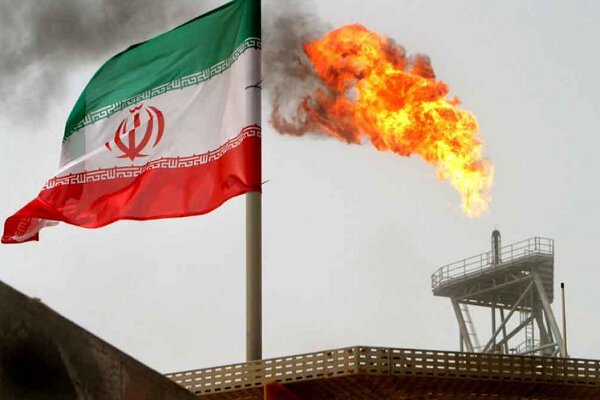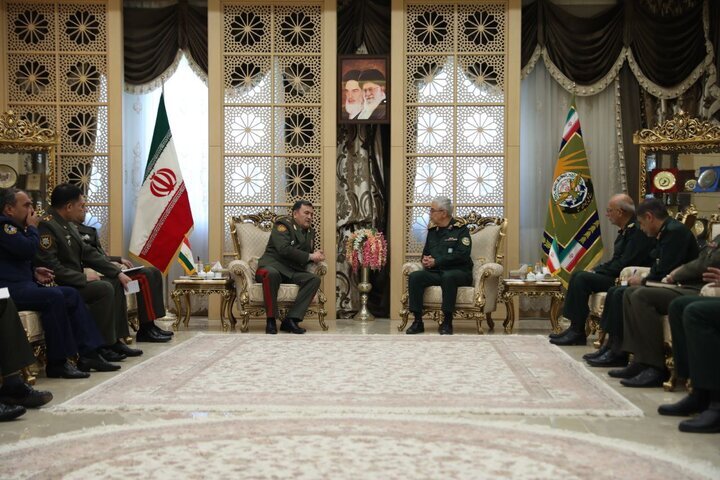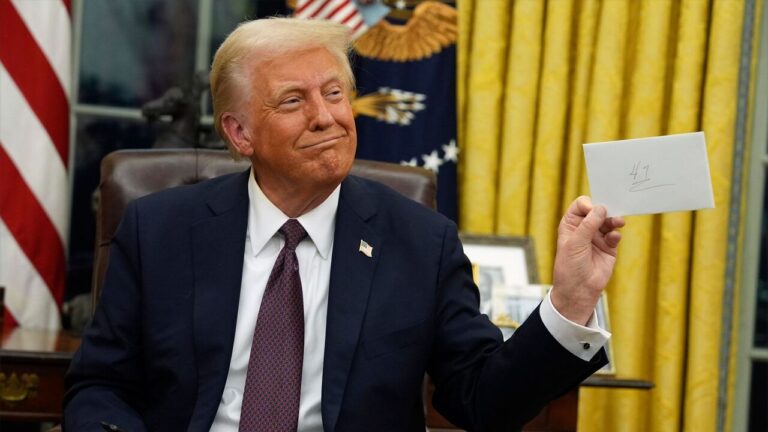Cuba Slams US Sanctions Targeting Iran’s Oil Industry: A Bold Stand for Global Energy Relations
The recent sanctions imposed by the United States on Iran’s oil sector have sparked significant international debate and concern. As tensions escalate in the Middle East, these actions raise questions about adherence to international law and their potential impact on regional stability.
According to the foreign minister on his X account, “these actions are arbitrary and contrary to international law, with repercussions on the stability of this troubled region,” as reported by Prensa Latina.
On February 6, US President Donald Trump took decisive steps by implementing new sanctions targeting the Iranian oil sector. These sanctions affect various entities, ships, and individuals from several countries, including:
- China
- India
- United Arab Emirates
This move by the Trump administration adds to a series of pressure tactics designed to curb Iran’s oil exports, which are a vital source of revenue for the country. The sanctions not only target Iranian state-owned enterprises but also extend to foreign companies and individuals that engage in trade with Iran.
Many analysts and officials are expressing concern over the implications of these sanctions on global oil markets and diplomatic relations. The following points summarize the key aspects of the sanctions:
- Increased Tensions: The sanctions contribute to heightened tensions between the United States and Iran, which could lead to further instability in the region.
- Impact on Global Oil Prices: The restrictions on Iranian oil exports may influence global oil prices, potentially leading to higher costs for consumers.
- International Reactions: Countries that are heavily reliant on Iranian oil, such as China and India, may respond to these sanctions with diplomatic or economic measures of their own.
The Iranian government has condemned these sanctions as unlawful and detrimental to peace efforts in the region. They argue that such actions undermine international cooperation and conflict resolution. In addition, Iran has vowed to continue exporting its oil despite the sanctions, which could lead to further confrontations with the United States.
In response to the sanctions, Iran’s oil minister stated, “We will find a way to sell our oil and will not allow any country to dictate our economic policies.” This defiance highlights Tehran’s commitment to maintaining its oil export levels, which are crucial for its economy.
Furthermore, the sanctions could have broader implications beyond Iran and the immediate region. The potential for retaliatory measures by Iran against US interests or allies in the Middle East could escalate into larger conflicts. Experts warn that this could destabilize an already volatile area, affecting neighboring countries and global security.
As the situation develops, several key factors will determine the effectiveness and impact of the US sanctions:
- International Compliance: How willing will other nations be to comply with US sanctions, especially those that have significant trade relationships with Iran?
- Iran’s Response: Will Iran adopt a more aggressive stance in response to these sanctions, or will it seek diplomatic avenues to mitigate the impact?
- Market Reactions: How will global oil markets react to the sudden shift in Iranian oil supply, and what will be the impact on oil-importing countries?
In conclusion, the sanctions imposed by the United States on Iran are a significant development in international relations and energy politics. As the situation unfolds, the global community will be watching closely to see how these actions play out and what their long-term consequences will be. The stakes are high, not only for Iran but for the entire Middle East and the world economy.






